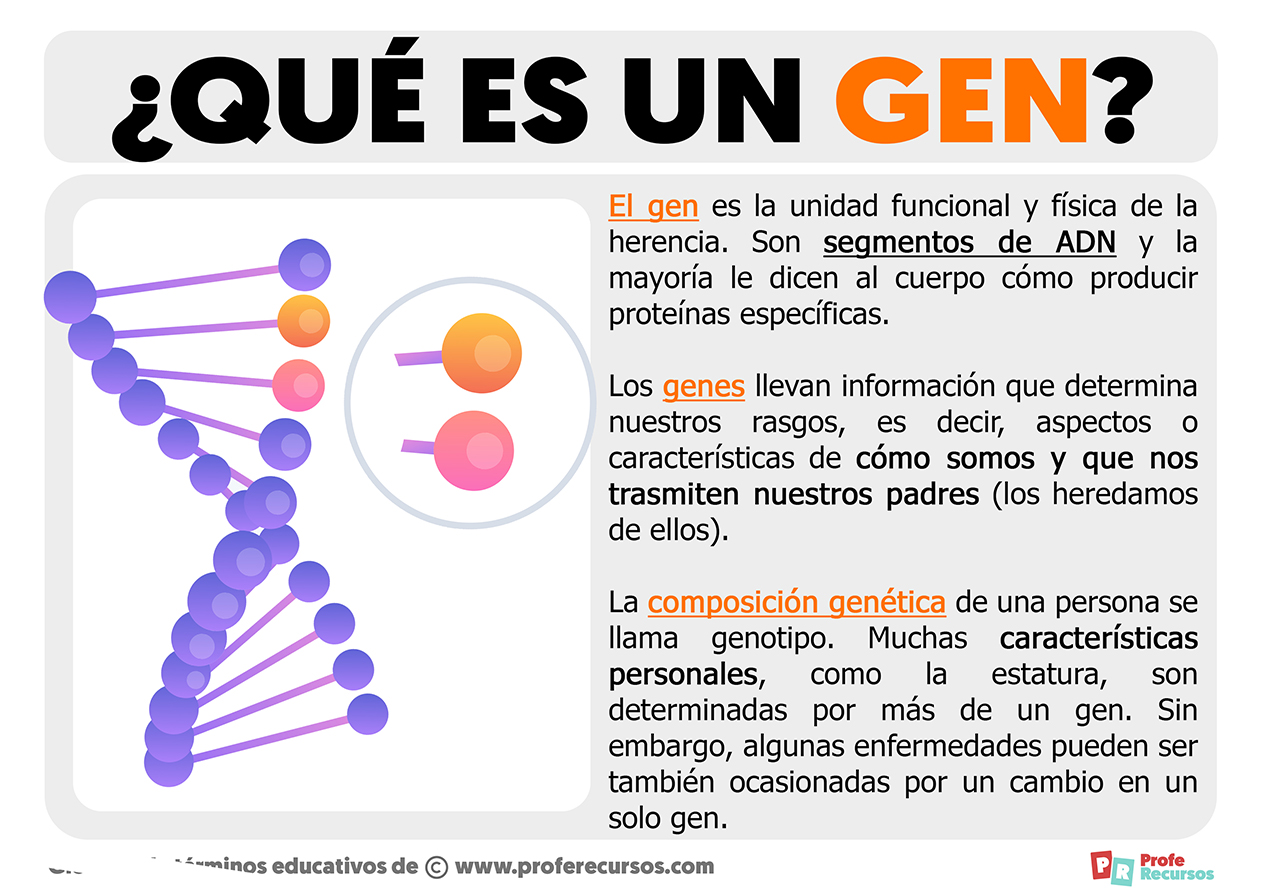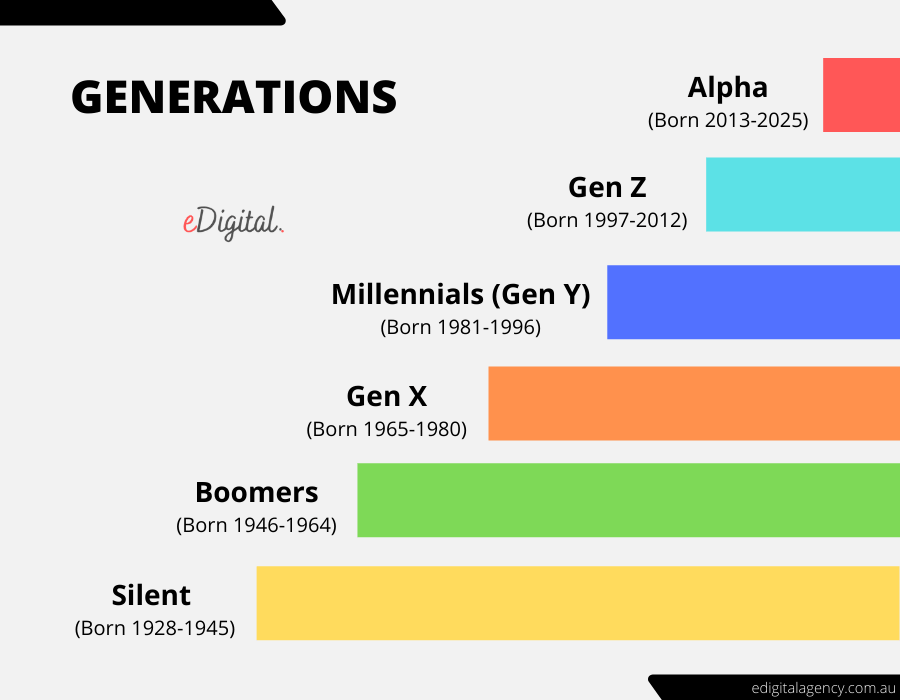Gen Alpha Slang - Decode The New Language
Have you ever found yourself listening to younger folks talk and felt like they were speaking a completely different tongue? You are not alone, actually. The way people express themselves is always shifting, and a whole new collection of words and phrases has popped up from the group of young people born roughly between 2010 and 2024. These are the Gen Alpha kids, and their unique way of speaking can, in some respects, feel a little bit like a secret code.
This distinct vocabulary, you know, comes from all sorts of places. It is very much shaped by the internet, by funny pictures and videos people share online, and by the content creators they follow. Think of it like a fast-moving river of communication, with new terms appearing pretty much constantly. It can be a bit hard to keep up, honestly.
So, if you have been wondering what "rizz" means, or why someone might say something is "bussin'," you are in the right spot. This writing piece aims to shed some light on the most popular words and sayings these young people use. It is a way to help you get a better grip on their everyday chats, whether that is with family members, students, or just when you are scrolling through social media. We will go through some of the main ideas and give you a better idea of what is what.
Table of Contents
- What's the Deal with Gen Alpha Slang Anyway?
- Getting a Grip on Gen Alpha Slang
- Why Does Gen Alpha Slang Matter?
- Can You Really Learn All This Gen Alpha Slang?
What's the Deal with Gen Alpha Slang Anyway?
You might notice that young people today have a way of speaking that seems to change quite often. This is what we call Gen Alpha slang, and it really just points to the words and phrases that have grown popular among those born from 2010 onwards. It is a communication style that is very much shaped by the things they see and hear online, like trending internet material and funny pictures or videos. So, it is almost like a living thing, always shifting and taking on new forms.
This particular language, you know, is not just a random collection of sounds. It is a reflection of their experiences, their humor, and the shared culture they build through screens and online connections. Sometimes, these words might have a clear meaning, a bit like how older words make sense. Other times, though, some of the expressions they use can feel rather strange or even a little bit surreal, without a straightforward explanation. It is just how it is, in a way.
For parents and teachers, or anyone who spends time with this younger group, getting a handle on these terms can really make a difference. It can help you figure out what your teenager is talking about, for example, or what a student means when they use a certain word. It is not about trying to speak exactly like them, but more about having a basic grasp of their everyday talk. This helps open up channels for better communication, which is pretty important, you see.
Where Does Gen Alpha Slang Come From?
The origins of Gen Alpha slang are pretty clear, actually. It mostly comes from the internet. This group of young people spends a lot of time online, and that exposure shapes how they talk. They pick up terms from online content creators, from funny pictures and videos that go viral, and from video games they play. So, their talk is heavily influenced by these digital spaces.
It is also worth noting that this generation has been quite influenced by the group just before them, Gen Z. Many of the words and ways of speaking that Gen Alpha uses have roots in what Gen Z started. It is like a passing down of verbal habits, in some respects. So, if you hear a Gen Alpha kid say something that sounds familiar from a few years ago, that is probably why. It is a natural progression of language, you know.
Think about how quickly things spread online. A new funny video or a catchy phrase can go from one person to millions in a very short amount of time. This speed means that new Gen Alpha slang words can become popular almost overnight. This constant flow of new information and entertainment creates a rich ground for language to change and grow. It is a fascinating thing to observe, really.
Getting a Grip on Gen Alpha Slang
Trying to keep up with all the new words that pop up can feel a bit like a challenge, but it is certainly doable. The good news is that many of these Gen Alpha slang terms follow certain patterns, or they relate to specific types of online content. Once you get a sense of those patterns, it becomes a little easier to figure out what is being said. It is all about getting a feel for the general atmosphere of their communication, basically.
A lot of this language is about expressing strong feelings or describing things in a very direct way. Sometimes it is about saying something is really good, or really bad, or just very strange. The terms often come with a certain tone or feeling that goes beyond their simple definitions. So, you know, it is not just about the word itself, but how it is used and what kind of reaction it is meant to get.
For instance, some words are used to show approval, while others might be used to point out something that is a bit awkward or out of date. Paying attention to the context where you hear these words can give you a lot of clues. It is like putting together pieces of a puzzle, more or less. The more you listen and observe, the clearer the picture becomes, which is pretty helpful, you see.
Key Gen Alpha Slang Terms to Know
To help you start, here is a breakdown of some of the Gen Alpha slang terms that are quite common right now. These are the words you will hear in conversations, see in comment sections, and find in new TV shows or movies. Knowing these can really help you get a better handle on what is being said. It is a good starting point, anyway.
- Rizz: This word refers to someone's ability to charm or attract another person. If someone has "rizz," it means they are good at talking to people they like and making a good impression. It is about having a certain appeal, you know.
- Skibidi: This term comes from a series of online videos. It is often used in a playful or nonsensical way, sometimes to describe something silly or unexpected. It is a bit like a cultural reference that many young people understand.
- Gyatt: This is a shortened way of saying "gyat," which is a slang term for a large backside, often used in a way that suggests admiration or surprise. It is a very informal term, obviously.
- Delulu: This word is a shortened version of "delusional." It is used to describe someone who has unrealistic beliefs or expectations, often about relationships or their own abilities. It is about being out of touch with reality, sort of.
- Brain Rot: This term describes content that is considered low quality, nonsensical, or harmful to one's mind, often due to excessive consumption of internet content. It suggests that something is making your brain feel a bit fuzzy.
- Yeet: This word can be used as an exclamation of excitement, approval, or triumph. It can also mean to throw something with force or abandon. It is a versatile word, basically.
- Cheugy: This describes something that is considered outdated or trying too hard to be trendy, but failing. It is a bit like saying something is "basic" or uncool in a particular way.
- Bussin': This is used to describe something amazing, especially food. If a meal is "bussin'," it means it tastes really, really good. It is a strong way to show approval for something delicious.
- No Cap: This means "no lie" or "for real." It is used to emphasize that what you are saying is true and not exaggerated. It is a way to say you are being honest, pretty much.
- Bet: This is used to express agreement, confirmation, or acceptance. It is like saying "okay," "yes," or "I'm on it." It is a quick way to show you understand and agree.
- Ohio: This term, when used as slang, often refers to something strange, absurd, or out of the ordinary, sometimes with a negative connotation. It is a bit like saying something is "weird" or "crazy," in a way.
- Looksmaxxing: This refers to efforts made to improve one's physical appearance, often through various self-improvement practices. It is about trying to look your best, you know.
- Sigma: This term describes an independent, self-reliant person who does not follow typical social norms or seek external validation. It is about being a lone wolf, sort of.
Why Does Gen Alpha Slang Matter?
You might wonder why it is even important to pay attention to Gen Alpha slang. Well, for one thing, language is how people connect. When you understand the words young people use, you show that you are open to their world and that you care about what they are saying. It is a sign of respect, really, and it can help build stronger connections between different age groups. This is quite valuable, you know.
Beyond just connecting, knowing these terms can help you understand the broader cultural ideas that shape this generation. Their slang often reflects their values, their humor, and the things they find important or funny. It is like a little window into their shared experiences. So, it is not just about the words themselves, but what they represent about the people using them. It is pretty interesting, if you think about it.
Also, in places like schools or even in online communities, this language is everywhere. If you are a teacher, for example, understanding what a student means by "brain rot" can help you figure out if they are talking about something serious or just making a joke. It helps avoid misunderstandings and can make interactions smoother. It is definitely a helpful tool, basically.
Bridging the Gap with Gen Alpha Slang
Using Gen Alpha slang is not about trying to be someone you are not. It is more about having a basic grasp of their communication style so you can meet them where they are. When you show that you understand their words, it can make young people feel more comfortable and heard. This can, you know, really help bridge any differences that might exist between generations.
Think of it as a way to open up lines of communication. If a young person uses a term like "no cap" and you understand what they mean, it shows that you are listening and that you are somewhat aware of their world. This can lead to more open and honest conversations, which is something many people want. It is a small step that can make a pretty big difference, in some respects.
It also helps prevent situations where you might completely miss the point of what someone is trying to say. Sometimes, the meaning of a whole sentence can depend on understanding just one or two slang words. So, having a dictionary of sorts in your mind can help you piece together the full message. It is a practical skill, basically, for anyone who interacts with this younger group.
Can You Really Learn All This Gen Alpha Slang?
Learning all the Gen Alpha slang terms might seem like a very big task, especially since new ones pop up all the time. But the good news is you do not need to know every single word. The goal is more about getting familiar with the common ones and understanding the general way these young people speak. It is about building a general awareness, you know, rather than becoming an expert in every single term.
Think of it like learning a few key phrases when you visit a new place. You do not need to be fluent in the entire language to get around and have good conversations. Just knowing a few important words can make things much easier and more enjoyable. It is pretty much the same idea here, in a way.
The best way to keep up is to just listen and observe. Pay attention to what young people are saying in videos, in online comments, and in their conversations. You will start to notice patterns and hear the same words come up again and again. This natural exposure is often the most effective way to pick up on new terms. It is a continuous process, obviously.
Your Guide to Gen Alpha Slang
This writing piece serves as a kind of cheat sheet to help you get started with Gen Alpha slang. It offers a good collection of the most popular words and phrases, giving you a solid base to work from. Knowing these terms can help parents and teachers communicate better with the young people in their lives. It is a way to make interactions a little smoother, you know.
Remember that language is always changing, and what is popular today might be less so tomorrow. But the core idea of understanding and connecting remains the same. By making an effort to grasp these new ways of speaking, you show an openness that can really make a difference in your relationships with Gen Alpha individuals. It is a step towards better connection, basically.
So, whether you are trying to figure out what "skibidi" means or what it is like to be "sigma," having a resource like this can be quite helpful. It is a tool to help you navigate the ever-shifting world of modern communication and feel a little more in tune with the younger generation. This can make conversations a lot more meaningful for everyone involved, which is pretty cool, you see.

Qué es un Gen

Gen Z: More Likely to Go to College

genes dibujados a mano e ilustración de adn 15429803 Vector en Vecteezy